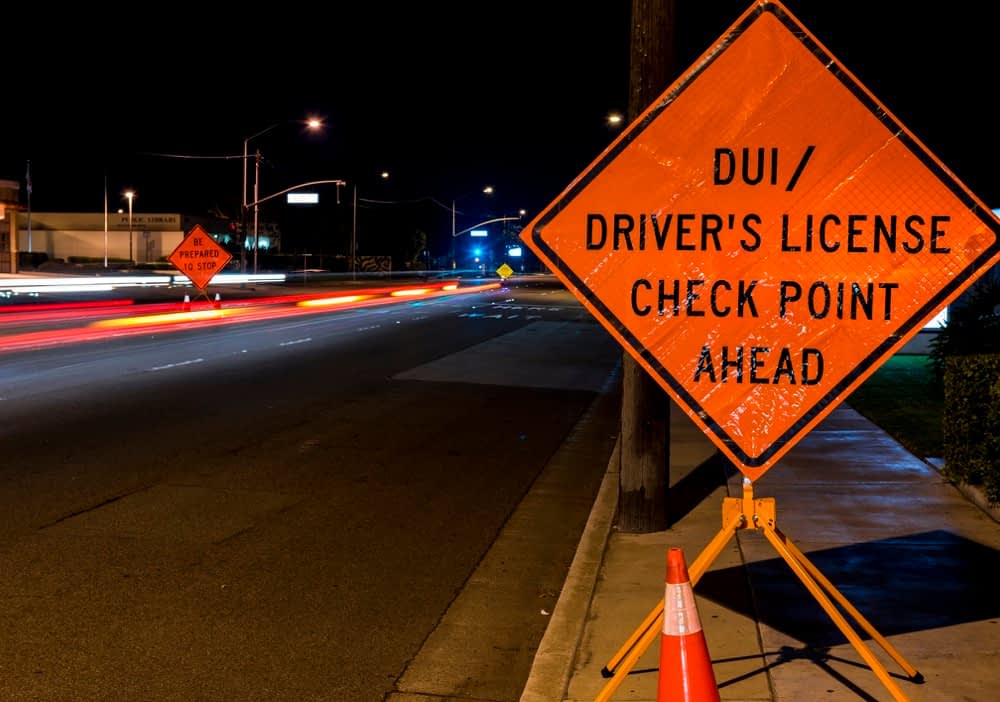Everyone knows that drunk driving is illegal. If you’re caught with an unlawful bodily alcohol content or exhibit signs of intoxication while driving, the police can arrest you for operating while intoxicated (OWI), otherwise known as driving under the influence (DUI). However, in order for a DUI investigation to begin, there must be a valid traffic stop. DUI checkpoints are a way law enforcement ensure they have a valid traffic stop.
Facing DUI charges? Unhappy with your current attorney? Request a free consultation now.
What does this mean? It means that you must have violated a section of the Michigan Motor Vehicle Code. Alternatively, if your driving alerts the police officer that you cannot safely operate a motor vehicle, you may be pulled over. For instance, you may be swerving within your lane or driving at fluctuating speeds.
Typically, an officer will claim that you were speeding or failed to maintain your lane. However, some states have an extra level of law enforcement on the road ways by utilizing DUI Checkpoints.
What Are DUI Checkpoints?
A DUI checkpoint, or sobriety checkpoint, is a tool that police departments use to check for sobriety. The police close off a portion of the road, requiring drivers to speak with an officer to ensure they’re not intoxicated. In United States Supreme Court Case Michigan Department of State Police v. Sitz (1990), the Court ruled that they’re constitutional.
While they’re not as common as they once were, DUI checkpoints are still used in other states such as Rhode Island and Maine. However, Michigan has decided that they violate the Fourth Amendment, thus making them illegal in the state. The Fourth Amendment guarantees freedom from unreasonable searches and seizures.
If you’re forced to speak with an officer, this interaction can be deemed a seizure. Considering the DUI checkpoint requires every driver to be “seized,” this is unreasonable. Michigan has held firm that the use of DUI checkpoints is illegal.
How the Police Gets Around This
However, this doesn’t mean that Michigan police officers aren’t setting up their own “checkpoints.” For example, you can be sure that police are stationed outside of bars/clubs around 1:30am. “Last call” in a bar means that no further alcohol will be sold, so most patrons head to their cars.
Officers will assume you’re intoxicated if you’re leaving an establishment that sells alcohol at that hour. Police will often watch you leave the bar to see if you’re stumbling or lacking coordination.
They’ll continue to follow you until they have a reason to pull you over, which might be:
- speeding,
- no turn signal,
- cutting someone off, etc.
Although no “checkpoint” was established, both local and state police will use these tactics to get around the law.
An Uber is Cheaper than a DUI
The police will use any slight mistake to pull you over and arrest you. The safest way to avoid an OWI is to call an Uber or Lyft. Although you may think you’re a great driver, no drunk driver is a good driver.
While there may not be an official DUI checkpoint on your route home, there will surely be an officer waiting for you to slip up. Don’t risk your future.
Facing DUI charges? Unhappy with your current attorney? Request a free consultation now.

